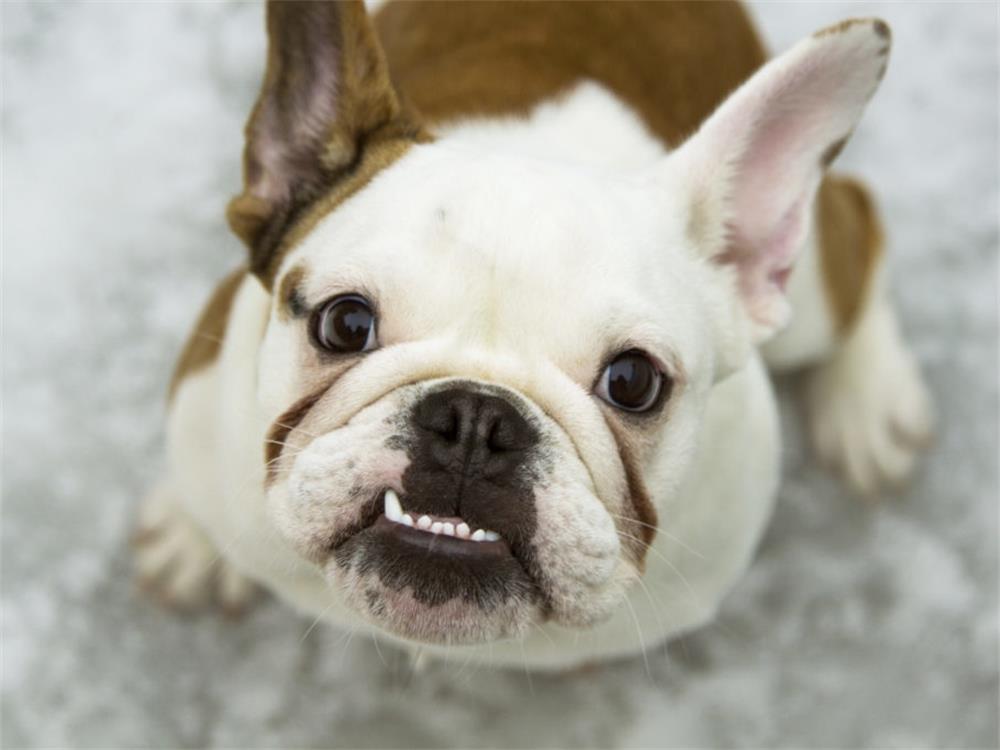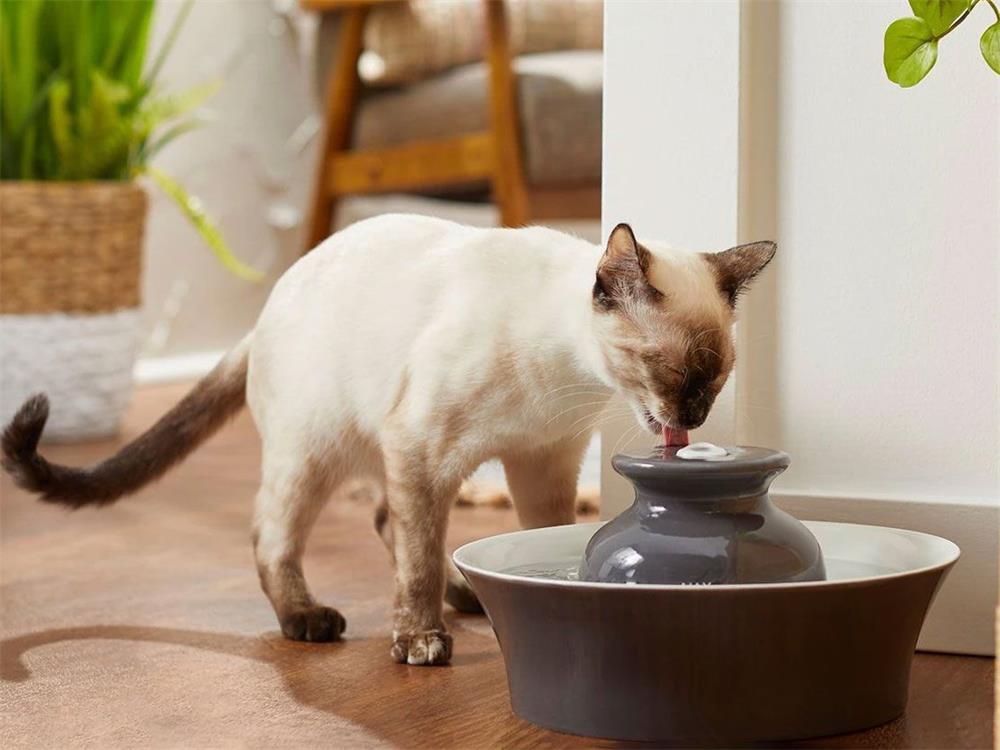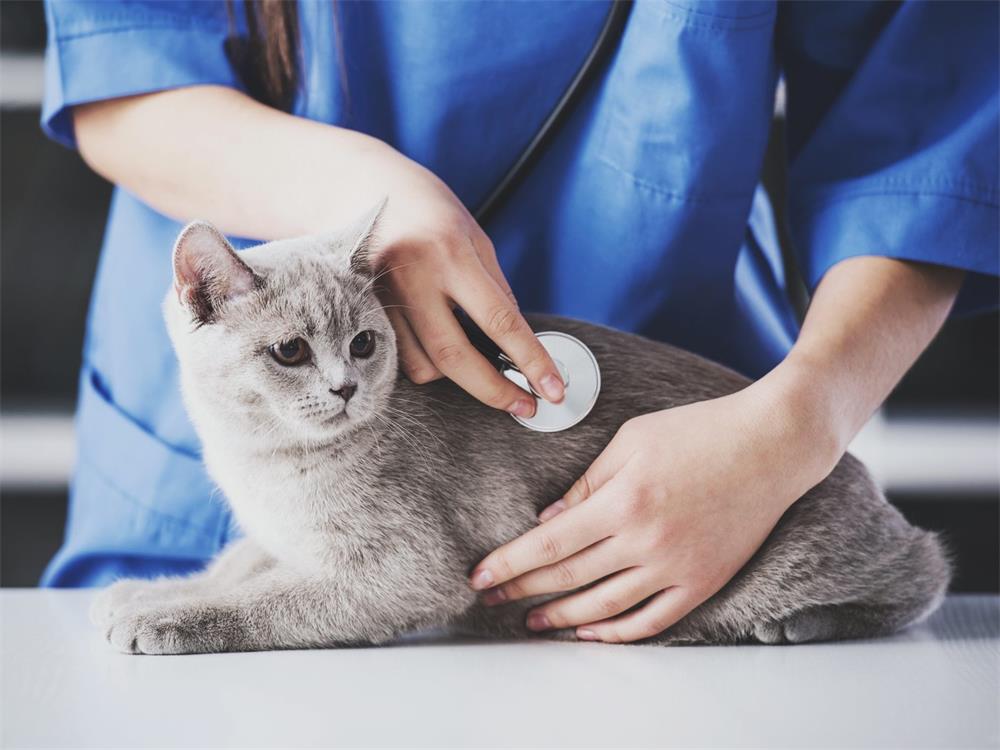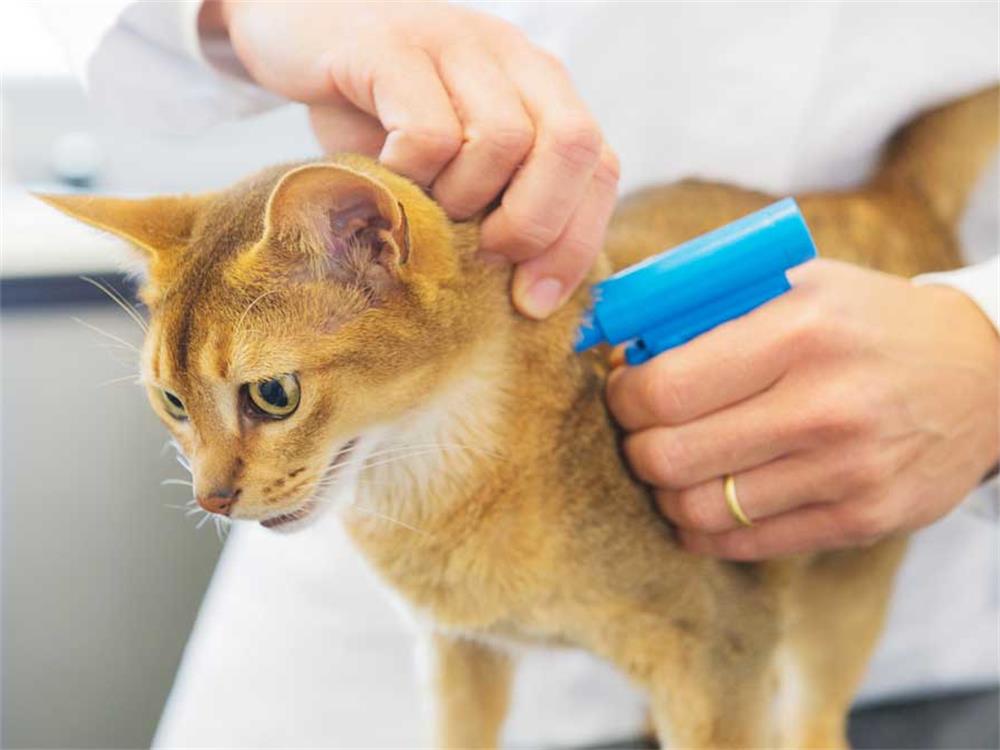Contents
Dental health is a very important part of your pet’s overall health, and dental problems can cause, or be caused by, other health problems. Your pet’s teeth and gums should be checked at least once a year by your veterinarian for early signs of problems and to keep your pet’s mouth healthy. Here are some tips you can follow at home to help prevent dental disease and keep your pet’s teeth clean and healthy.
1. Brush your pet’s teeth daily or at least few times a week.
Brushing your pet’s teeth is the best way to remove plaque and tartar, which can lead to gum disease, tooth decay, and bad breath. You will need a soft-bristled toothbrush and a pet-friendly toothpaste that is safe to swallow. Do not use human toothpaste, as it may contain ingredients that are toxic to pets. Start by letting your pet lick some toothpaste off your finger, then gently lift their lip and brush their teeth in a circular motion. Be patient and reward your pet with praise and treats. Make it a positive and fun experience for both of you.
2. Find chew toys that help to massage and remove tartar from teeth and gums.
Chewing is a natural behavior for pets, and it can also help to keep their teeth clean and healthy. Sturdier toys with nubs or grooves can help to massage tartar and plaque off of teeth and gums naturally when chewing. You can also look for dental chews or treats that are specially designed to reduce plaque and tartar buildup. However, be careful not to give your pet anything that is too hard or abrasive, as it may damage their teeth or cause choking. Always supervise your pet when they are chewing on anything.
3. Feed dry dog food or kibble.
Dry dog food or kibble can help to scrape off some of the plaque and tartar from your pet’s teeth as they chew. It can also help to prevent the accumulation of food particles and bacteria in their mouth. However, dry food alone is not enough to keep your pet’s teeth clean and healthy. You still need to brush their teeth regularly and provide them with chew toys or treats that can help with dental care.
4. Know red flags to look out for.
Even if you follow the tips above, your pet may still develop dental problems that require veterinary attention. Some of the signs that indicate your pet may have dental disease include:
- Bad breath
- Broken or loose teeth
- Extra teeth or retained baby teeth
- Teeth that are discolored or covered in tartar
- Abnormal chewing, drooling, or dropping food from the mouth
- Reduced appetite or refusal to eat
- Pain in or around the mouth
- Bleeding from the mouth
- Swelling in the areas surrounding the mouth
If you notice any of these signs, take your pet to the veterinarian as soon as possible for a proper diagnosis and treatment.
5. Take them for routine teeth cleanings.
The best way to prevent dental disease and ensure your pet’s oral health is to take them for routine teeth cleanings at the veterinarian. Your veterinarian will perform a thorough dental examination, take X-rays if needed, and remove any plaque and tartar from your pet’s teeth and gums using specialized instruments. Your veterinarian may also apply fluoride or sealants to protect your pet’s teeth from further damage. Your veterinarian will also advise you on how often your pet needs dental cleanings, depending on their age, breed, diet, and health status.
Conclusion
Keeping your pet’s teeth clean and healthy is not only good for their oral health, but also for their overall well-being. By following these tips, you can help prevent dental disease, reduce the risk of other health problems, and improve your pet’s quality of life. Remember to consult your veterinarian for any questions or concerns regarding your pet’s dental health. Your pet will thank you with a bright smile!







